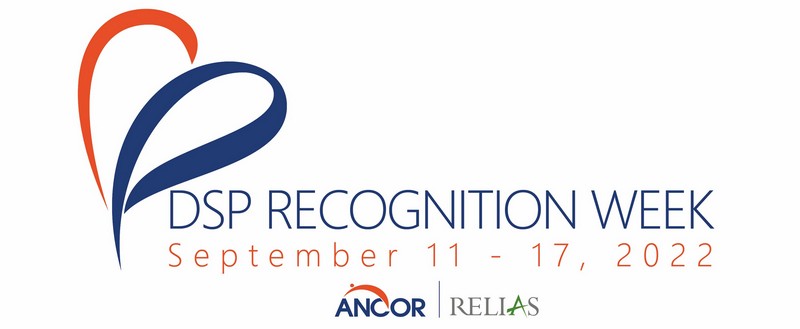The Office of Mental Health and Substance Abuse Services (OMHSAS) is pleased to announce the issuance of Bulletin OMHSAS-22-06 titled “Revised Bulletin for Services to Older Adults.”
In 2019, Pennsylvania ranked 7th in the United States for the largest number of adults 65 and older. In the U.S., between 2020 and 2030, the number of older adults is projected to increase by almost 18 million, a 39% increase. The fastest growing segment of the population during the next two decades is expected to be in the age 85 and older group. Social isolation and limited access to supports negatively impact the well-being of older adults.
Depression, anxiety, addiction, and other mental illnesses are not a normal part of aging and should not be considered as such. As individuals age, the support networks utilized to help manage symptoms of a mental illness may change, resulting in individuals seeking services for the first time in their lives.
The development of depressive disorders occurs frequently in older adults, making it critical that comprehensive mental health evaluations are conducted based on presenting symptoms regardless of age. It is important for providers to evaluate for suicidality given that older adult males have the highest suicide completion rate of any age group.
Older persons diagnosed with a neurocognitive disorder, including dementia, who are experiencing symptoms of a mental illness, including depression, anxiety, substance use disorder, post-traumatic stress syndromes, and behavioral agitation, are guaranteed access to mental health services under laws and regulations of the Commonwealth.
If you have questions or concerns related to this bulletin, please email OMHSAS or contact your RCPA Policy Director.


















